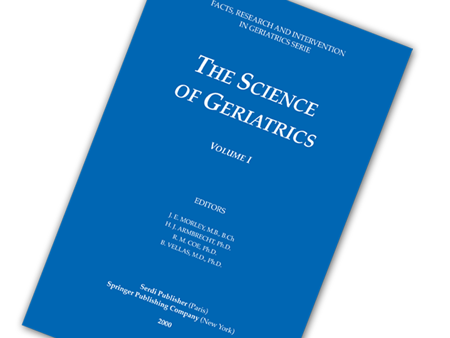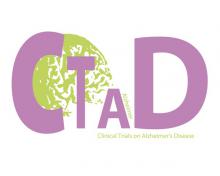When frail older adults are admitted to hospital, they are at increased risk of adverse events including falls, delirium, and disability. The Clinical Frailty Scale (CFS) is a practical and efficient tool for assessing frailty; however, its ability to predict outcomes has not been well studied within the acute medical service.
The aim of the recent study by Juma et al (London Ontario, Canada) (1) is to examine the Clinical Frailty Scale in elderly patients admitted to the acute medical
ward and its association with length of stay.
Severe frailty was associated with longer lengths of stay (Mean = 12.6 ± 12.7 days) compared to mild-to-moderate frailty (mean = 11.2 ± 10.8 days), and non-frailty (mean = 4.1 ± 2.1 days, p = .014). This finding was significant after adjusting for age, sex, and number of medications. Participants with higher frailty scores showed higher readmission rates when compared with those with no frailty although there was no significant difference in the adjusted analysis.
The Clinical Frailty Scale helped identify patients that are more likely to have prolonged hospital stays on the acute medical ward. The Clinical Frailty Scale is an easy to use tool which can detect older adults at high risk of complicated course and longer stay. Early identification of seniors with frailty in acute care units can help to target interventions to prevent complications and to implement effective discharge planning in high risk older adults.
(1) Can Geriatr J. 2016 Jun 29;19(2):34-9. doi: 10.5770/cgj.19.196. eCollection 2016.



